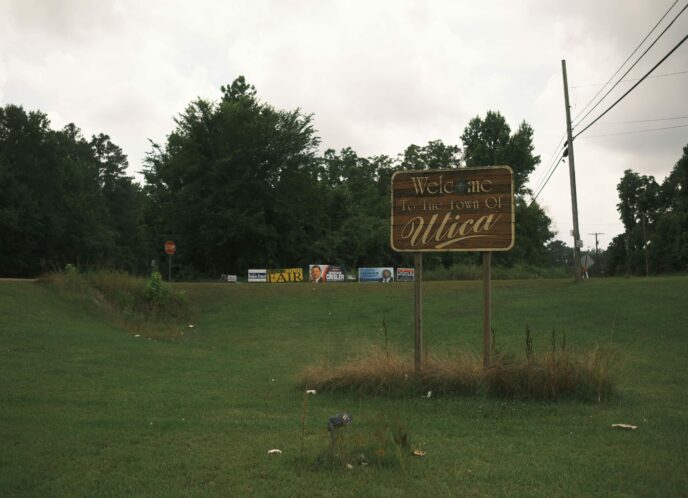The coronavirus has reinforced the Internet as the fabric of modern American life, a luxury-turned-necessity for a generation now forced to work, learn and communicate primarily through the Web. But it also has laid bare the country’s inequalities — and the role Washington has played in exacerbating these long-known divides. Nowhere is the gap more startling than with Lifeline, a roughly $2.4 billion digital safety net conceived nearly three decades ago to ensure that all Americans could access reliable communications. Families who rely on Lifeline —especially Black and brown families earning low incomes — say they have struggled to talk to their doctors, employers and loved ones throughout the pandemic, illustrating how significant technical shortcomings, and years of government neglect, have undermined a critical aid program at a time when it is needed most. MediaJustice National Organizer for Internet Rights and Platform Accountability Brandon Forester talks to Tony Romm in the Washington Post about the harmful narrative that is used to erode the support needed for Lifeline, while simultaneously showing the program should not be a partisan issue.
“Despite the fact the program was started under Reagan, and expanded under George W. Bush, we’ve seen time and time again the welfare narrative used around this program.”
Brandon Forester via Washington Post



